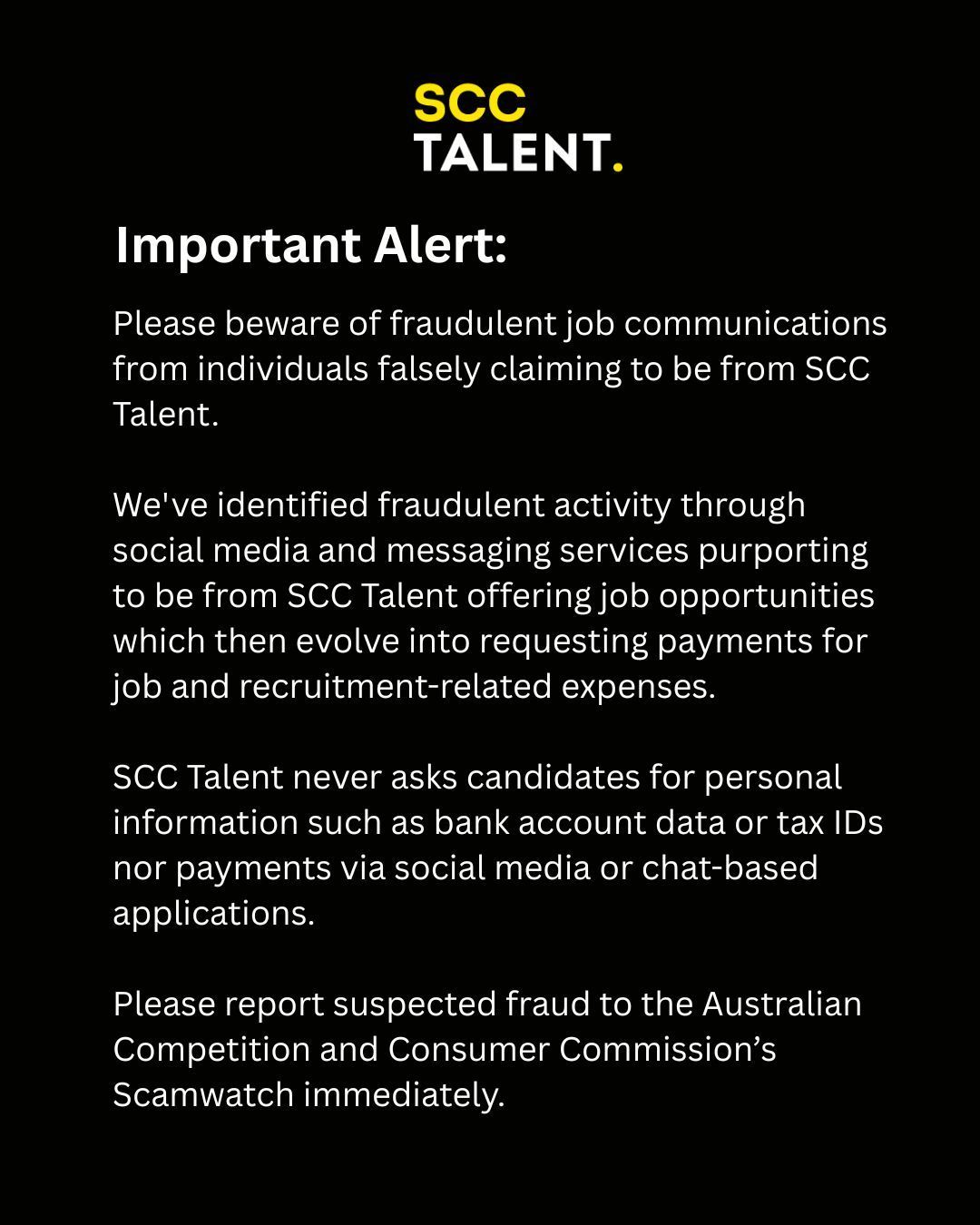How to break through in a competitive market
How to break through in a competitive market.

It’s no secret that the job market is tough right now. Whether you’re in CRM, customer experience, loyalty, or digital marketing, you’ve probably noticed roles are more competitive, hiring decisions are slower, and there are less opportunities than a few years ago.
But it’s not all doom and gloom. Great people are still getting hired. Candidates who are prepared and proactive are still landing fantastic roles—even in this market.
So, how do you stand out in a competitive market of professionals?
Be visible.
In a world where most hiring starts online, your digital presence is doing a lot of the heavy lifting before you even have a conversation. LinkedIn continues to be a critical platform where hiring managers, internal talent teams, and recruiters form their first impression. A strong, current profile that clearly articulates your experience, impact, and expertise can genuinely make a difference in how often you get approached—or even noticed.
And it’s not just about your profile. Engaging with content, sharing industry updates, or commenting on others’ posts keeps you top of mind. You’re not just looking for a job—you’re showing up as someone connected, switched on, and informed.
Deeply address the job description.
Next comes the application process. In a competitive market, tailoring your application is essential. That means really reading the job description and using the language and criteria outlined to guide how you position your experience. If you’re applying for a CRM Manager role that emphasises loyalty strategy and retention, make sure those are front and centre in your CV. Use metrics to back up your impact, and write a cover letter (or intro note) that connects the dots between your background and what the business is looking for.
Pick up the phone.
It’s also worth picking up the phone (if appropriate) to speak with the recruiter or hiring manager. A quick, well-prepared conversation can help you understand whether the role is the right fit, and it puts your name and voice to the top of the pile. Just be sure to keep the call concise and relevant.
Prepare and practise.
If you’re invited to interview, preparation really is everything. Do your research. Learn what you can about the company—its mission, clients, competitors, recent work—and think about how your skills and experience align. Prepare examples of your work using the STAR method, and be ready to speak to your business impact. Hiring managers aren’t just looking for someone who can do the job; they’re looking for someone who can add real value. The more clearly you can communicate your achievements, the more memorable you’ll be.
Bring curiosity and energy.
Also, come with questions. Interviews are a two-way street, and thoughtful questions show you’ve invested time in the process. Ask about the team, the company’s direction, the challenges the role might tackle. Curiosity and enthusiasm are qualities that often leave a lasting impression—and we’ve seen many clients lean towards a slightly less experienced candidate because of the attitude they brought to the table.
And of course, in this new era of hybrid work, being comfortable on video is key. That means making sure your setup works, your background is clean, and you’re presenting yourself as professionally as you would in an in-person interview. It’s a little detail that adds up.
Play the long game.
Finally, we encourage job seekers to be pragmatic and play the long game. Sometimes the perfect role doesn’t appear straight away—but that doesn’t mean you can’t make a smart, strategic move in the meantime. A contract or interim role might buy you time, keep your skills sharp, and lead to new opportunities. A role that’s a slight step back in title but offers long-term growth could actually catapult your career forward. It’s about making decisions that keep you moving, even when the road looks a little different than you’d planned.
No matter what, don’t let the current climate knock your confidence. If you’re landing interviews, it’s because you’ve got what it takes. Focus on what you can control—how you show up, how you tell your story, and how you connect with people along the way.
And if you ever want advice, a second opinion, or a connection into the right business, we’re here. Helping people get hired—strategically and confidently—is what we do best.



